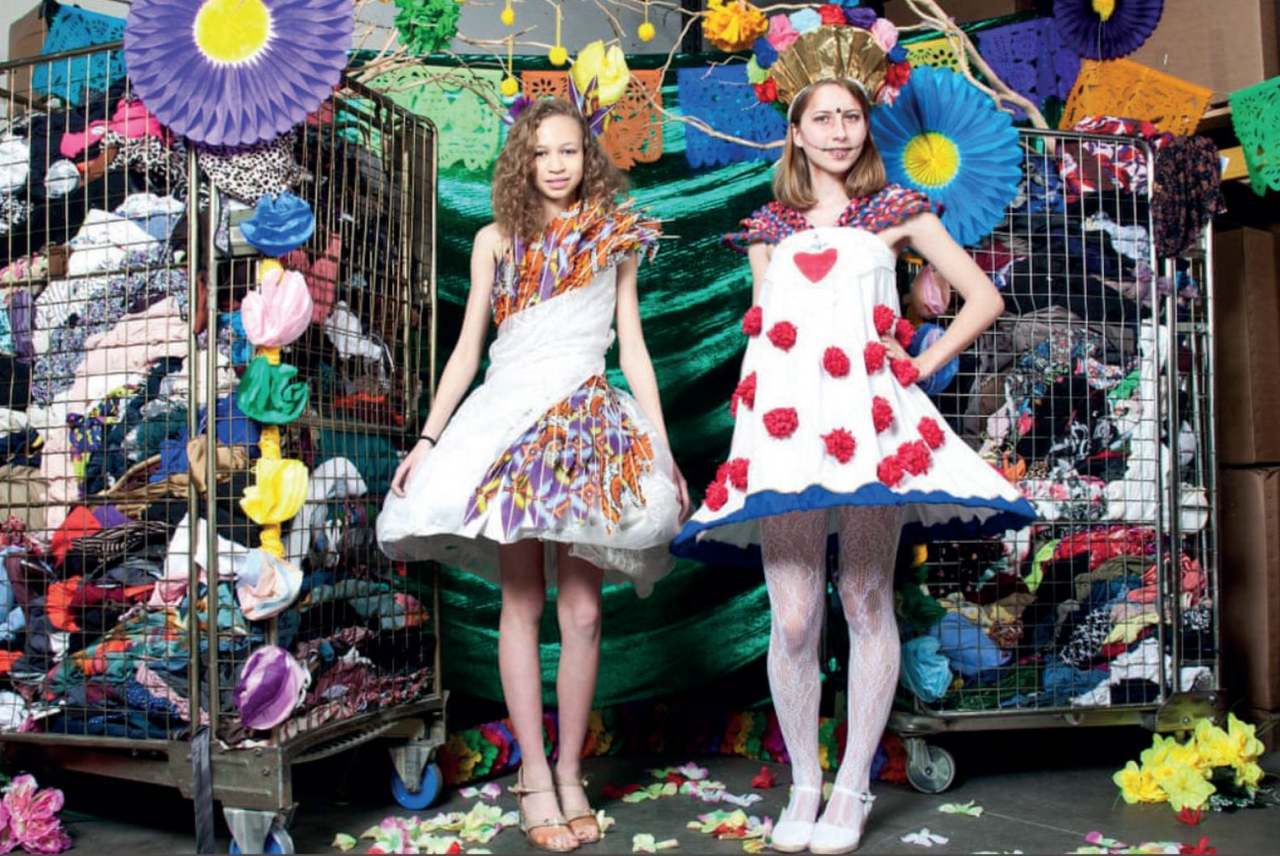The problem of new entrants and price
One of the biggest problems for ethics in the clothing sector is the ease with which new companies can enter the market. You don't need a lot a capital to buy a few sewing machines and hire a room somewhere. It's even easier to rent a shop or create a website and order some clothes from a Far-Eastern manufacturer online. And one thing that these 'new entrants' can usually be is 'price competitive'.
The reasons for this are complex, but amongst them are the fact that they are not having to pay for some of the social and environmental initiatives that we mentioned earlier.
When we speak to clothing companies about their ethical programs they will say 'we'd love to pay a living wage, but if we did we'd have to charge more for our clothes and everyone would buy from the cheaper new companies instead'. If you believe them, competition in the clothing sector is, in other words, so effective that the pressure on price is forever undermining attempts to create lasting fixes.
The example of Primark
When Ethical Consumer first wrote about Primark in 1999, its low prices were frightening all the other manufacturers and it said nothing about ethical issues at all.
Since then, pressure from campaigners, and TV and newspaper exposés have forced it to take stock. Although a long way from perfect, it now participates in nine of the eleven global, multi-stakeholder clothing initiatives on our table on page 17, placing it in the top four of UK clothing companies showing ethical
awareness.
Today though, everyone is worried about new brands Missguided and Boohoo, whose £1 bikinis are making Primark look like a luxury retailer!
And, like Primark 20 years ago, they can't really evidence much in the way of ethical awareness either. As campaigners, and indeed for companies who care, if feels like we're having to start all over again.





